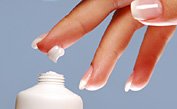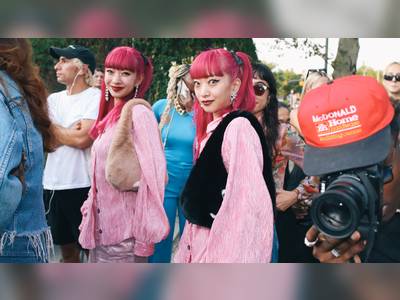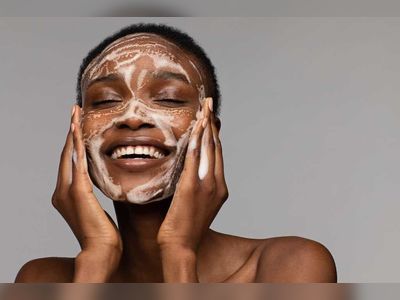What Does "Organic" Mean, Anyway?
Some consumers attempting to avoid the application of such alarming additives to their skin instead choose to purchase cosmetics labeled as having been made with organic or all-natural ingredients, driving the market for organic cosmetics to over $350 million a year. Unfortunately, while the FDA regulates cosmetics, it has never defined any standard meanings for "natural" and "organic," which in this context it considers merely marketing terms. So while stringent standards apply to which foods can labeled and marketed as organic, there's no guarantee that beauty products calling themselves "organic" are any safer, healthier, or less synthetic than conventional products. Worse, as cosmetic manufacturers rush to incorporate exotic plant derivatives into their "natural" products, many overlook the fact that these new, unproven plant extracts lack any track record of established safety data - so effectively, purchasing of one of these products may be like volunteering to be the company's lab rat!
Natural's Not In It
So what's the answer?
Well, as with many things in life, that all depends on how much time and
effort you're willing to put in. Until a
consistent labeling standard is implemented, organic cosmetic aficionados
wanting to ensure their beauty products are free of synthetic ingredients will
have to resign themselves to studying the ingredient lists on any potential
purchases. While a variety of companies
manufacture beauty products with an eye towards the organic/natural buyer, one
person's standard of what is "natural" can differ greatly from another's. So do
your homework - several online resources break down beauty products by
ingredient to give consumers more information about what they're buying than
manufacturers typically provide. If
you're looking to avoid a particular type of synthetic additive and you've done
your research beforehand, it's quite easy to train yourself to look out for
certain brands and to check the backs of packages before tossing them into your
shopping cart.
And remember, just because something's "natural" or "organic"
doesn't necessarily mean it's remotely good for you: after all, hemlock, ricin,
and curare are all 100 percent plant-based, completely natural, and thoroughly
poisonous. Then again, despite being one
of the most poisonous naturally occurring substances in the world and the single
most toxic protein, botulinum toxin has taken its place in many people's
regular beauty routines under the brand name BOTOX® Cosmetic - so your results
may vary.











